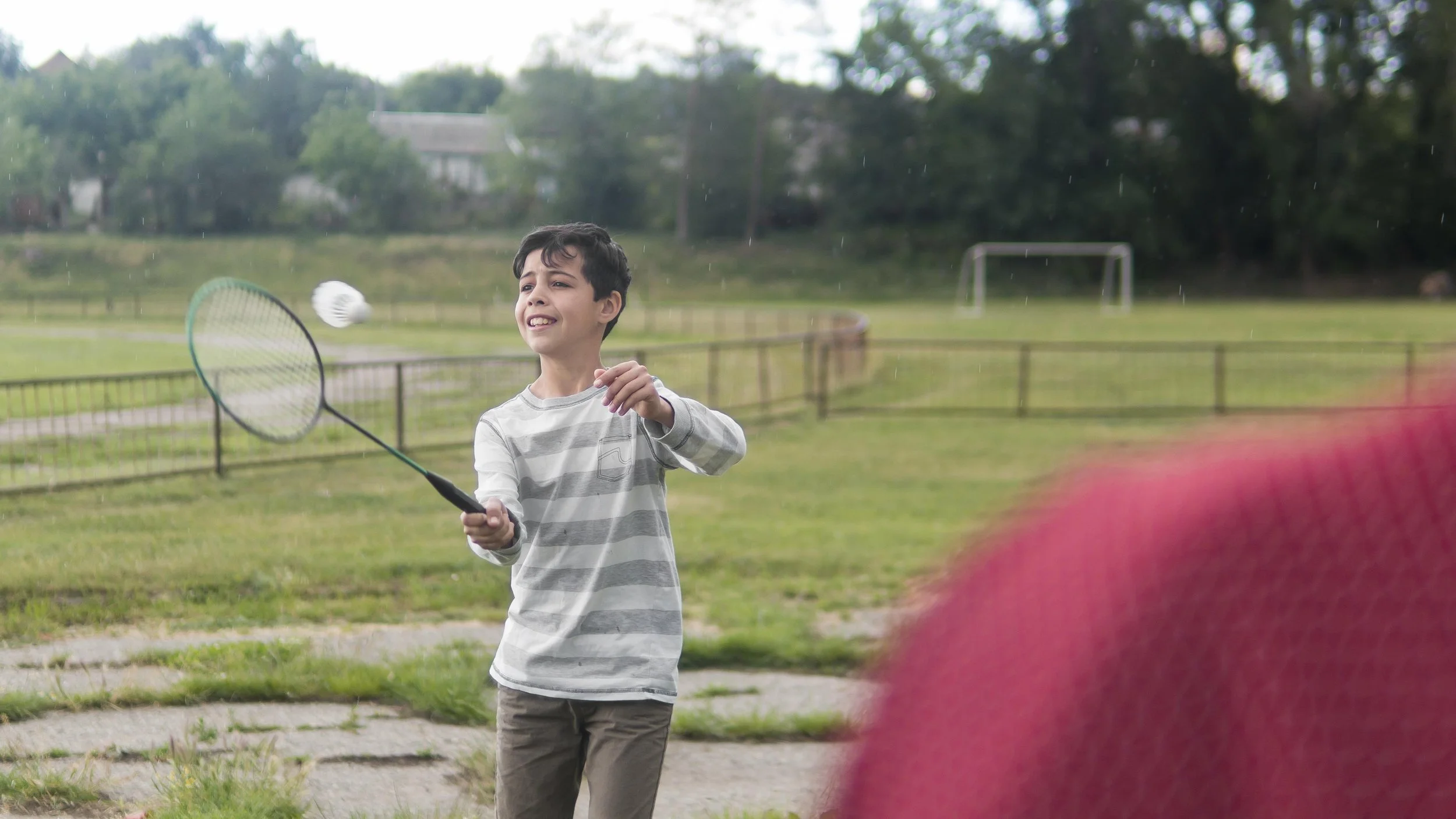Developing an Unbreakable Mindset in Badminton
For the people who think badminton is just a racket game - let me tell you, it’s not. A professional badminton player has to train for 6 hours at least 4 times a week to be able to play to their maximum potential during competitions and matches. A player has to go through all of this training with the right diet, right stretching, and right exercise is the key to a successful badminton career.
No matter how talented, without discipline, a badminton player can never reach the pinnacles of an international player. Every moment of their training leads to a 1-hour match which defines their mantle. While the conditioning of the body is an important part of being a badminton player, mindset conditioning is a vital aspect as well.
As someone who has played competitive badminton for several years, I've learned that there are other factors besides just quick reflexes and strategy that go into winning in this physically demanding sport.
Just as important as your smash or drop shot is the mental aspect of the game: things like steadfast confidence, focus, and calm under pressure. Early in my badminton career, I would frequently crumble under the pressure of a challenging match and lose focus at crucial times. I had to learn this lesson the hard way. It was obvious that I needed to improve my thinking skills and mental toughness for the game.
It’s not nearly as easy as it sounds for any athlete. Especially, in badminton which is the world’s fastest racket sport at the moment. To be able to cope with disappointments (and wins), players need to prioritize mental toughness and unwavering attention in their workout regimen. I practiced coping mechanisms for disappointments, emotion control, distraction avoidance, and confidence building.
Increasing my mental fortitude and concentration has improved my performance and given me the ability to go beyond challenges when competing. I now wish to support other committed badminton players in improving their mental toughness.
Why Mental Toughness Conditioning is Vital?
Sports are extreme. Someone who plays any sport at a domestic level or international level goes through a multitude of burdening situations. The pressure of being the best, of being the fastest, and the pressure of expectations. Many players lose their confidence in the way with the right mental toughness conditioning.
Mental toughness is essential for any serious competitive badminton player. It is, in my opinion, the capacity to maintain composure, confidence, and concentration under pressure on the court. It all comes down to having the inner fortitude to overcome hardship and rise to any obstacles that may arise throughout a game.
Developing mental toughness has been crucial throughout my badminton career. I realized it very early I could not perform well under duress. Against strong opponents, in tight, tense bouts, my skills would crumble. I would obsess over my errors, get less confident when I lost, and eventually mentally collapse. It was obvious that I was limited by my technical abilities.
Mental toughness conditioning has helped me develop the ability to maintain my composure under trying circumstances. I no longer become alarmed when an opponent makes a strong comeback. I can recover from mistakes and win back sets. I possess the poise and serenity to give my all regardless of the outcome or conditions of the game. I probably would have lost some bouts in the past, but this has helped me win some of them.
A large portion of my training is now focused on building unwavering mental power, even though physical conditioning and practice are still crucial. To be ready for the real thing, I practice simulating high-pressure scenarios. I've become a more formidable mental competitor because to strategies like picturing achievement, encoding routines, and using positive self-talk. You can endure the severe strain of competitive gaming and even thrive if you have the correct mindset and abilities.
Mental Toughness Conditioning
Focus is crucial in a fast-paced, reactive sport like badminton. During a game, even little attentional slips might be costly. Over the years, I've dropped a lot of points because I was distracted or couldn't concentrate at a crucial time. Being fully present in the moment and not thinking about the past or the future is what it means to have good focus. It involves having the capacity to tune out all outside noise and focus solely on the shuttle, your opponent, and the tactical execution.
There are several techniques I've used to improve my focus and concentration:
Pre-serve/return routines - Bouncing the shuttle 3 times or taking a deep breath helps zone in.
Cue words - I repeat words like "focus" or "bounce back" to direct attention.
Fixating cues - Staring at the shuttlecock or my opponent's racket helps avoid distractions.
Refocusing after errors - I have a short reset ritual to clear my mind after mistakes.
Ignoring score/situation - When I get distracted by the circumstances, I refocus on the present point.
I always try to keep my cool and keep my focus on the game, no matter how much it's not going my way. This stops minor mistakes or failures from growing into more significant issues. You can limit mental slips and maintain a high degree of point-to-point attention if you have the proper concentration abilities.
Final Word
Being able to focus unwaveringly and build mental toughness has changed my game as a competitive badminton player. I've been able to develop new levels of consistency, resiliency, and resolve on the court because of it. Now that I have the tools to handle and win matches that I could have lost in the past because of mental mistakes.
Regardless of your level of expertise, making the time to improve your mental toughness can offer you a real competitive advantage. Have mental training to be creative and diligent. You will be equipped with the necessary mindset to overcome challenges and perform well under duress. Matches are often won or lost in the mental struggle.



